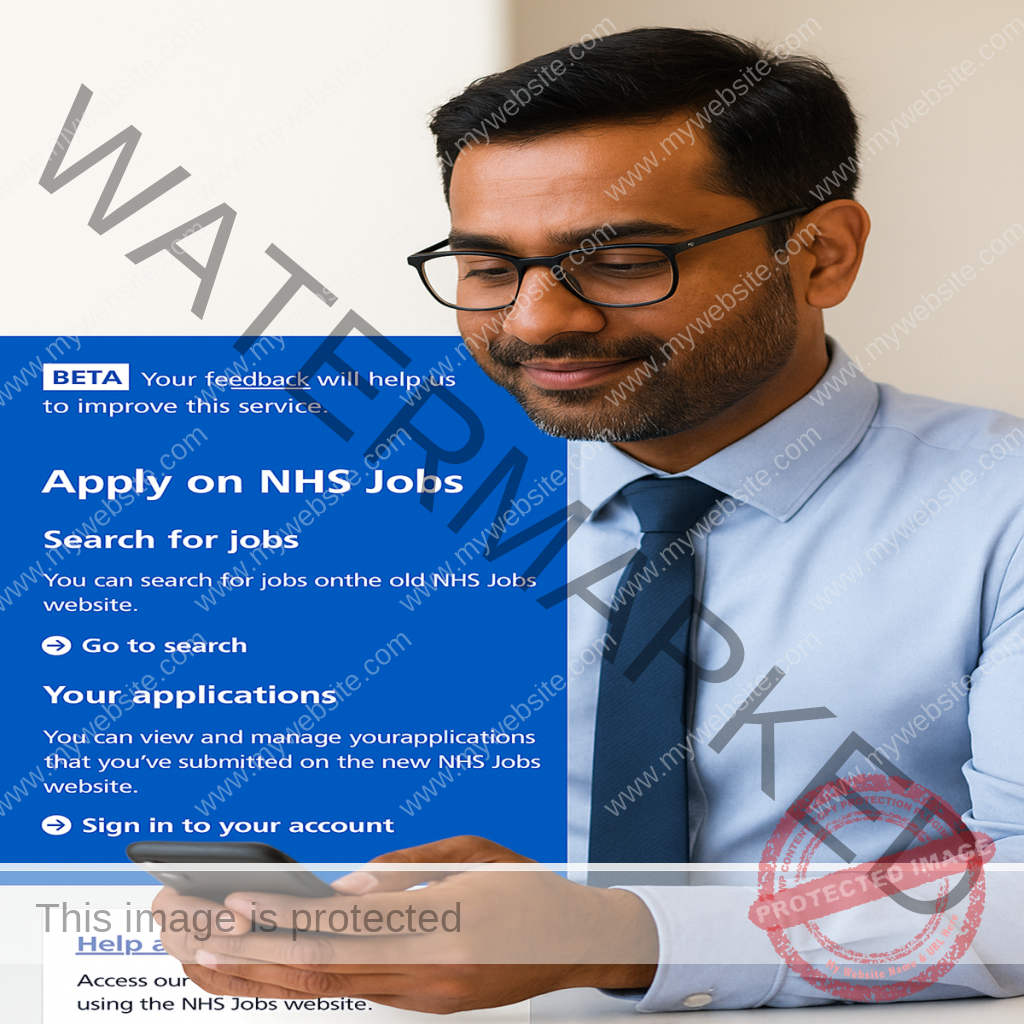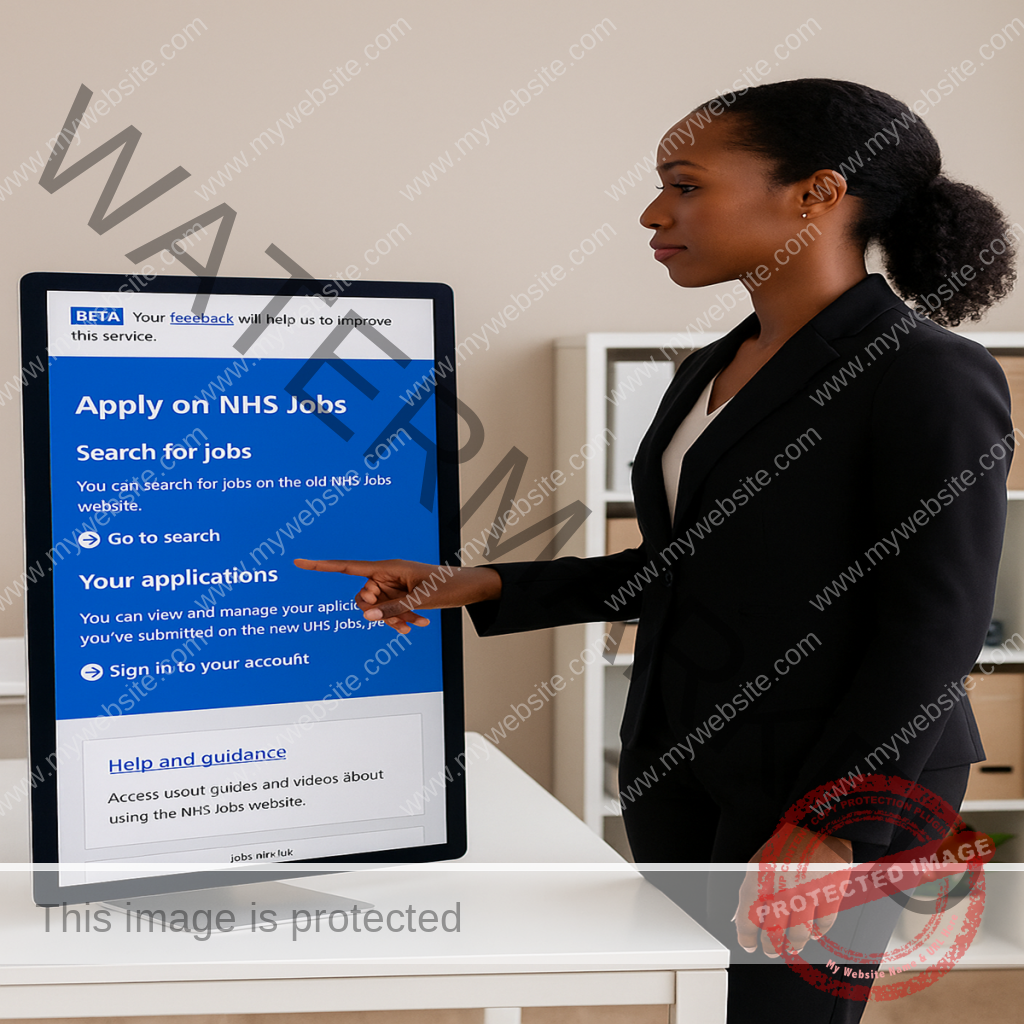Discover Your Next Global Career Move with Xuzjik
Empowering Global Careers Through Trusted Visa Sponsorship Solutions
At a time when international opportunities are more accessible than ever, navigating the complex journey of migration and career transitions can still be overwhelming. That’s where we come in. We are dedicated to empowering professionals worldwide by offering reliable visa sponsorship solutions and expert migration advice tailored to each individual’s goals. Whether you’re a healthcare worker seeking opportunities in the UK or a tech professional aiming to break into the U.S. job market, our mission is to remove barriers and open doors to a successful international career.
Our strength lies in delivering personalized, up-to-date, and country-specific visa sponsorship guidance that simplifies the application process. From helping you find employers that offer sponsorship to guiding you through compliance requirements and immigration paperwork, our support ensures you don’t miss critical steps that could delay or derail your plans. We stay informed on global immigration laws and labor market trends so that you can focus on building your dream career with clarity and confidence.
What sets us apart is our commitment to providing not just assistance but also empowerment. We understand that moving abroad involves more than securing a job—it’s about building a new life. That’s why we also provide resources on cultural integration, relocation tips, and career development strategies to help you thrive in your new environment. By partnering with trusted employers and certified immigration professionals, we ensure your journey is both legitimate and supported at every stage.
Moreover, our platform serves as a hub for the latest insights on working abroad. We publish real-time updates on job openings with visa sponsorship, government policy changes, and expert advice from seasoned expats. With our curated blog content, webinars, and success stories, you’ll gain the practical knowledge and motivation needed to pursue international opportunities fearlessly.
Ultimately, we believe that geography should never be a barrier to professional success. Our passion lies in making international careers not only possible but also prosperous for everyone regardless of their background or location. With our trusted visa sponsorship solutions and migration support, your global career journey is no longer just a dream, it’s a plan in motion.

Are you dreaming of starting or advancing your career abroad but overwhelmed by the complexities of visas, job applications, and international relocation? Our expert visa assistance is designed to simplify the process. We provide step-by-step support, helping you gather the right documents, meet specific country requirements, and avoid common pitfalls that often lead to delays or denials. Whether you’re applying for a skilled worker visa, student visa, or permanent residency, our team ensures your paperwork is accurate and your application stands out.
Beyond visa processing, we offer personalized job placement guidance to match your skills with high-demand roles in healthcare, engineering, IT, education, and more. Our advisors work closely with reputable employers across the globe, giving you access to exclusive job listings and helping you craft a professional CV and cover letter tailored to international standards. We also prepare you for interviews and support you in negotiating competitive salary and benefit packages.
Relocating to a new country involves more than just getting the job — that’s why our relocation support covers everything from housing and schooling to cultural integration and local registrations. We understand the emotional and logistical challenges of moving abroad, so we ensure a smooth transition by providing ongoing support even after you’ve arrived. Whether you’re moving solo or with your family, our comprehensive services are tailored to turn your global career ambitions into reality.
Blog
Explore expert articles and practical guides offering valuable tips on visa sponsorship and working abroad.

Find Your Dream Job Abroad with Confidence
This section describes the key features briefly.
Visa Sponsorship Jobs
Discover verified job listings that offer visa sponsorship worldwide.
Expert Migration Guidance
Get personalized advice to navigate complex visa and relocation processes.
Comprehensive Relocation Support
Access detailed resources to ease your transition to a new country.

Unlock Your Path to Global Job Opportunities
Discover how simple it is to get a personalized quote for expert visa sponsorship and relocation support.
Explore Top NHS Visa Sponsorship Opportunities
The National Health Service (NHS) in the UK offers some of the most attractive visa sponsorship opportunities for qualified international healthcare professionals. With an ongoing demand for skilled workers in roles like nurses, doctors, healthcare assistants, and allied health professionals, the NHS actively recruits from overseas to fill workforce gaps. Through the Health and Care Worker visa, eligible professionals can benefit from fast-track visa processing, reduced fees, and exemption from the Immigration Health Surcharge, making it easier and more affordable to move to the UK for work.
One of the top advantages of NHS visa sponsorship is the stability and career growth it provides. Sponsored candidates often receive permanent or long-term contracts, structured induction programs, and continuous professional development opportunities. Hospitals and trusts across England, Scotland, Wales, and Northern Ireland have ongoing recruitment drives targeting professionals from countries such as India, Nigeria, the Philippines, Ghana, and South Africa. Whether you’re a registered nurse, mental health worker, radiographer, or paramedic, there are diverse job openings tailored to your experience and expertise.
To maximize your chances of landing an NHS-sponsored role, it’s essential to meet the eligibility criteria, which include English language proficiency, recognized qualifications, and relevant work experience. Candidates are encouraged to apply directly via the official NHS Jobs portal or through reputable international recruitment agencies approved by the NHS. With competitive salaries, visa support, and a strong emphasis on work-life balance, the NHS continues to be a top destination for healthcare professionals seeking career advancement and a better quality of life abroad.

Visa Sponsorship Jobs
Visa Sponsorship Jobs in the UK, USA, Australia, Canada
Securing a job abroad with visa sponsorship can be a life-changing opportunity, especially for skilled professionals seeking better prospects. Countries like the UK, USA, Australia, and Canada actively seek international workers to fill gaps in key industries such as healthcare, engineering, IT, construction, and education. These nations offer visa sponsorship programs that allow employers to legally hire foreign talent, making it easier for qualified applicants to live and work overseas. Many of these programs come with pathways to permanent residency or citizenship, giving long-term security and the chance to build a future in a stable, developed economy.
The United Kingdom, for instance, offers the Skilled Worker visa, allowing employers to sponsor international workers in shortage occupations like nursing, care work, and software development. In the USA, H-1B and EB-3 visa programs are popular for professionals and skilled workers, particularly in tech and healthcare. Canada’s Express Entry and Provincial Nominee Programs (PNPs) often include employers who are open to sponsoring foreign talent, while Australia uses a point-based immigration system with options like the TSS (Temporary Skill Shortage) visa that supports sponsorship across various trades and professions.
Job seekers aiming to secure visa sponsorship roles should focus on crafting an international-standard CV, targeting industries with talent shortages, and applying through platforms like LinkedIn, Indeed, and government immigration portals. It’s essential to verify that the employer is registered to sponsor visas and to prepare thoroughly for visa interviews and document requirements. With strategic planning and persistence, visa sponsorship jobs in these top destinations can open doors to a global career and a better quality of life.
Amazon Job Offers
Amazon Job Offers: A World of Opportunity for Job Seekers
Amazon, one of the world’s largest e-commerce and tech companies, continues to expand its global footprint by offering a wide variety of job opportunities across multiple sectors. From warehouse positions to software development, logistics, marketing, and human resources, Amazon job offers cater to individuals with diverse skills and career ambitions. Whether you’re looking for an entry-level role or an executive position, Amazon’s broad employment landscape provides a range of opportunities that suit varying levels of experience and expertise.
One of the most appealing aspects of Amazon job offers is the company’s competitive pay and benefits. Warehouse workers, for example, often start at above-average hourly wages with options for overtime, while corporate employees receive attractive salary packages, stock options, and performance bonuses. In addition to financial compensation, Amazon offers benefits such as health insurance, retirement plans, paid parental leave, and employee discounts. These comprehensive packages make Amazon an attractive employer for both temporary and permanent job seekers.
Another significant advantage of working at Amazon is its commitment to employee development and career growth. The company invests heavily in training programs, mentorship opportunities, and internal mobility pathways. Amazon’s “Career Choice” program, for instance, pays up to 95% of tuition for employees who want to pursue courses in high-demand fields—even if the training is unrelated to their current job. This focus on career progression means that employees can grow within the company or use their experience as a springboard to new opportunities elsewhere.
Amazon job offers are also known for their flexibility, which is particularly beneficial for students, parents, and individuals with multiple commitments. The company offers part-time, seasonal, and remote job options to suit various lifestyles. With its increasing investment in automation and remote technology, Amazon has made it easier than ever for employees to work from home or choose shifts that align with their personal schedules. This adaptability has helped Amazon attract a more diverse and inclusive workforce.
Despite the many benefits, Amazon has faced criticism over working conditions, especially in its fulfillment centers. The company has responded by making improvements, including safer working environments, increased wages, and access to mental health resources. While challenges remain, Amazon continues to take steps to address employee concerns and improve the overall work experience. Job seekers are encouraged to research roles thoroughly and consider the pros and cons before applying.
In conclusion, Amazon job offers present a dynamic opportunity for individuals across a wide spectrum of career paths. With competitive salaries, robust benefits, career development programs, and flexible work options, Amazon remains one of the top employers in the world. Whether you’re just entering the job market or looking to pivot your career, exploring Amazon’s employment opportunities could be a smart and rewarding move.
The team’s expertise and personalized attention made my visa process smooth and stress-free.

Liam Chen
Software Engineer
Professional, efficient, and knowledgeable—Xuzjik exceeded all my expectations in securing my work visa.

Sofia Martinez
Business Analyst
Every step was handled with care; the support I received was invaluable for my relocation success.

Ethan Brooks
HR Consultant


